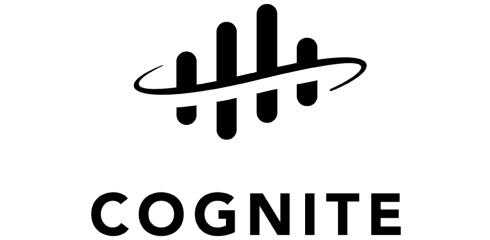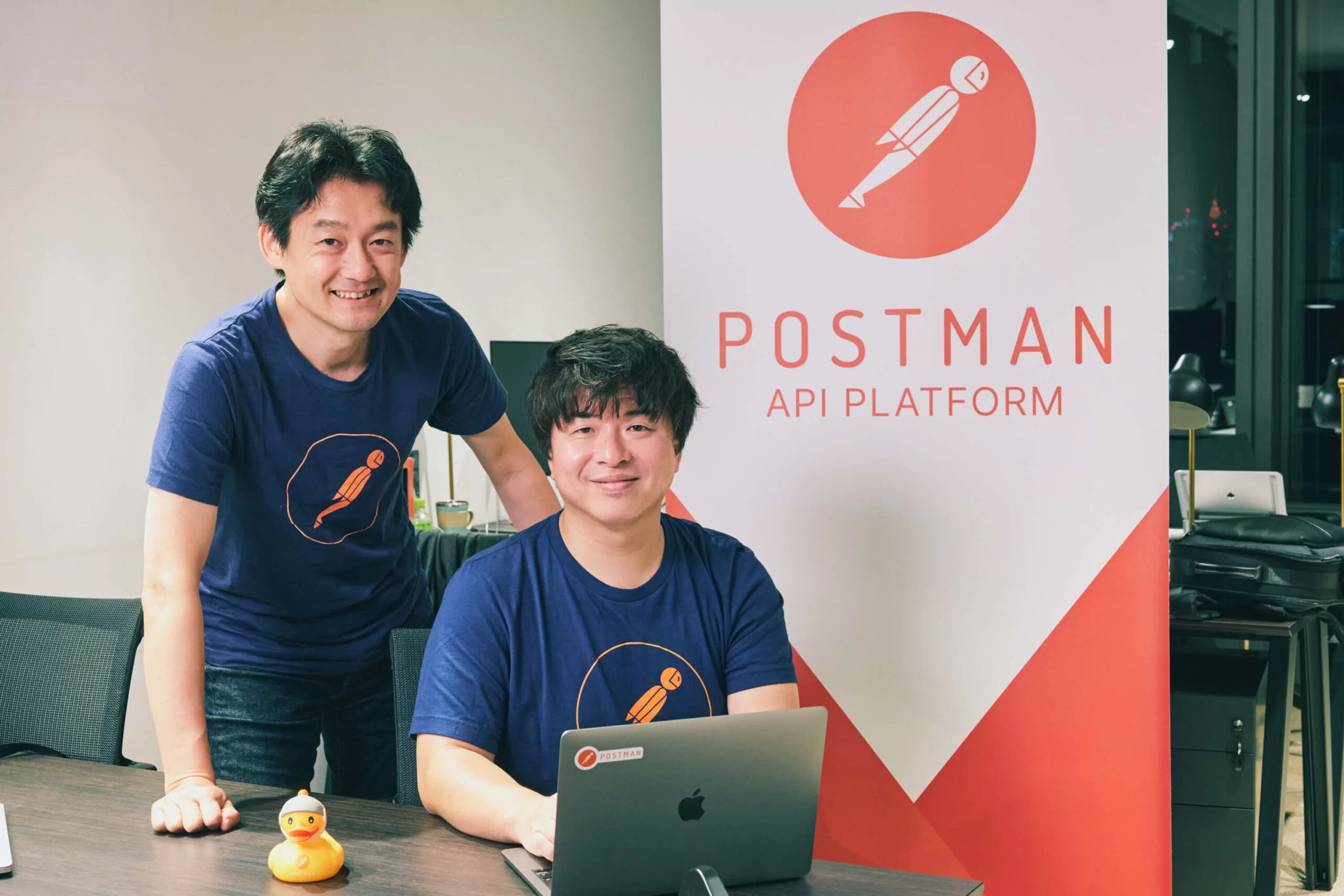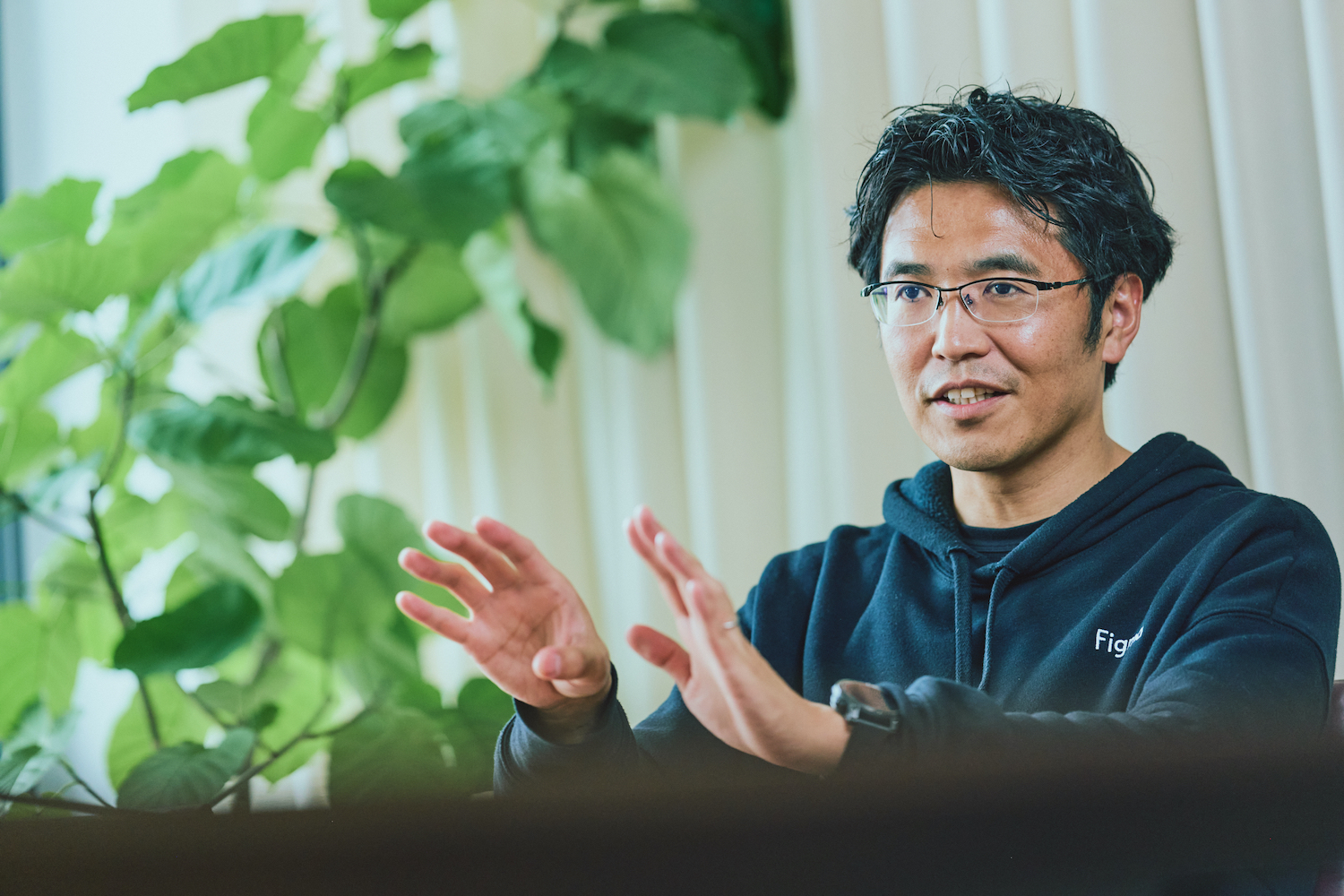Space
for Growth
A curated space where ideas scale and futures build.“At EGG, we foster a community where entrepreneurs support each other’s growth.”
ABOUT

More Than a Workspace
Founded in 2002 by forward-thinking entrepreneurs, EGG is a springboard for startups and investors, blending service excellence with flexible, community-driven innovation in Marunouchi.
VIEW ABOUTEXPERIENCE
Accelerate with Intention
Our invitation-only community offers an exclusive ecosystem where deep work thrives, with concierge services, premium amenities, and curated introductions combining infrastructure with a vibrant business network.
VIEW EXPERIENCE
Work Flexibly
Work. Connect. Unwind. Repeat.
Designed intentionally, EGG’s tailored zones support all ways you work and connect—from private offices to flexible event spaces and the upcoming Sundial Lounge.

Eat at Sundial
Dine with Purpose
Seasonal all-day dining from noon to 5pm, plus a signature evening menu by a celebrated British chef—balancing inspiring cuisine and conversation daily.
MEMBERS
VIEW MEMBERSVOICES
VIEW VOICESACCESS
It's the Business Hub of Tokyo
A quality time and space in the center of Japan
Tokyo is the center of Japan, and Marunouchi is the business core of Tokyo. Learn from the historic city and further your future endeavors.
Shin-Marunouchi Building 10th Floor (reception) / 9th Floor 1-5-1 Marunouchi, Chiyoda-ku, Tokyo 100-6510 Japan1 minute walk from the Marunouchi North Exit of JR Tokyo Station
VIEW ACCESS







































